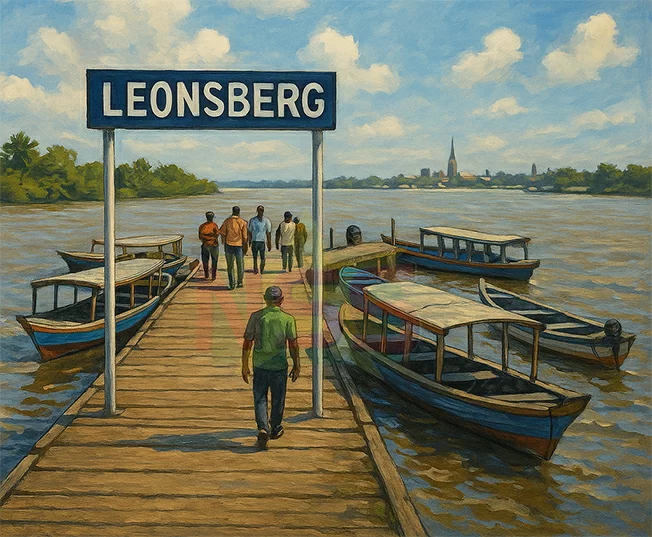In a move that has sent shockwaves across Suriname, the Ministry of Land Policy and Forest Management (GBB) quietly issued a decree just days before the May 2025 elections, transferring ownership of the Leonsberg Pier and its surrounding land to a private individual, Sandiep Seemangal. This decision, seemingly routine on paper, has profound implications for the community, as the pier has long served as a vital public facility connecting Paramaribo and Commewijne, and a gateway to popular tourist destinations like Braamspoint and the mangroves. The privatization has left over 70 boat operators, fishermen, and tour guides in legal limbo, effectively barring them from using the pier they’ve relied on for decades. The Leonsberg Pier is more than just a docking point; it symbolizes free access to the river and the interconnectedness of Suriname’s communities. The timing of the transfer, finalized just days before the elections, has raised suspicions of last-minute political favoritism. Minister Stanley Soeropawiro and Assembly Member Bronto Somohardjo have both called for the land to be returned to the state, but reversing the decision will require a court order—a daunting task given the GBB’s backlog of nearly 900 lawsuits over disputed land claims. This incident is not isolated but reflects a broader erosion of integrity in governance, where public assets are increasingly privatized for political gain. The Leonsberg Pier case underscores the urgent need for systemic reform to protect public resources and restore trust in Suriname’s institutions. As the nation grapples with this crisis, the question remains: if even the river is no longer free, where does justice lie?
